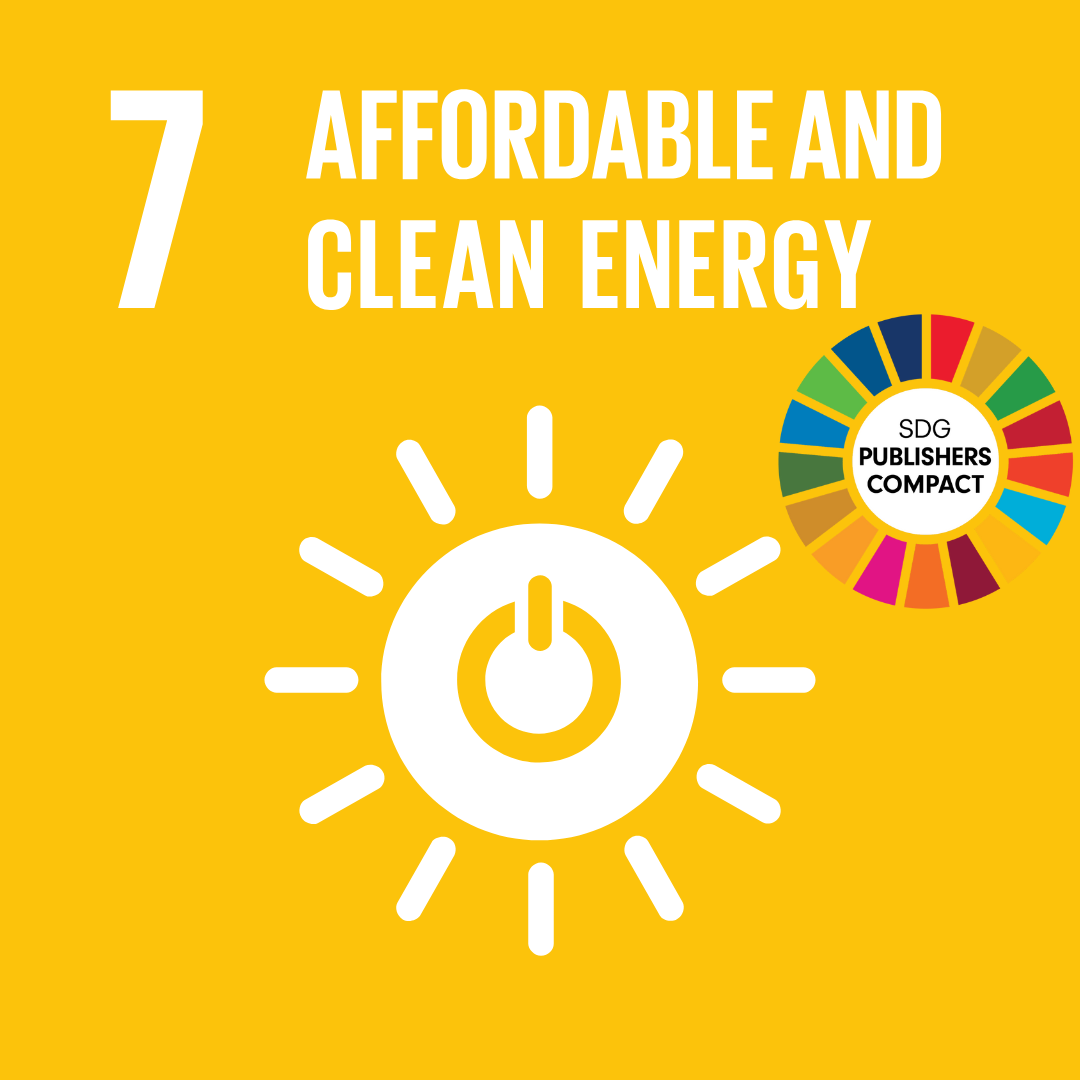Resumo
Objetivo: Este estudo investiga o nível de conscientização ambiental, práticas de sustentabilidade e uso de fontes de energia renovável entre a população da microrregião de Gyöngyös, no norte da Hungria.
Método: A pesquisa utilizou a técnica de amostragem aleatória estratificada, realizando questionários em 25 localidades da microrregião de Gyöngyös. A coleta de dados focou em entender o conhecimento local sobre energia renovável, o uso dessas fontes de energia e os investimentos financeiros feitos por famílias em tecnologias renováveis.
Resultados: Os resultados revelam que uma parte significativa da população está ciente de energia solar, eólica e hidrelétrica, enquanto o conhecimento sobre biocombustíveis, energia geotérmica e biomassa é limitado. A maioria dos residentes (90,9%) não utiliza energia renovável, e os que a utilizam investem principalmente em painéis solares. Os investimentos são em grande parte financiados por recursos próprios (58,5%), com economias mensais modestas com o uso de energia renovável, geralmente abaixo de HUF 25.000 (EUR 70).
Conclusões: A pesquisa destaca a necessidade de maior promoção das fontes de energia renovável e da sustentabilidade ambiental no norte da Hungria. Embora a conscientização sobre certos tipos de energia renovável seja relativamente alta, o uso efetivo permanece baixo, indicando uma área potencial para intervenções políticas e esforços educacionais.
Referências
Baley, R., Benton, T., Challinor, A., Elliot, J., Gustafson, D., Hiller, B., Jones, A., Lewis, K. & Meacham, T. (2015). Extreme weather and resilience of the global food system: Final project report from the UK-US taskforce on extreme weather and global food system resilience, pp. 365-386.
Baranyai, G. & Csernus, D.I. (2018). A fenntartható fejlődés és az állam feladatai, Budapest, Dialóg Campus Kiadó, p. 376.
Denkenberger, D.C., Cole, D.D., Abdelkhaliq, M., Griswold, M., Hundley, A.B. & Pearce,
J.M. (2017). Feeding everyone if the sun is obscured and industry is disabled, International Journal of Disaster Risk Reduction (21), pp. 284-290.
European Comission (2021). Sustainable Development Goals, https://ec.europa.eu/info/strategy/international-strategies/sustainable-development- goals/eu-and-united-nations-common-goals-sustainable-future_en – Downloaded: 25th May 2021
European Comission (2021). European Grean Deal, https://ec.europa.eu/info/strategy/priorities-2019-2024/european-green-deal_en – Downloaded: 25th May 2021
European Court of Auditors (2021). Air pollution: Our health still insufficiently protected, https://op.europa.eu/webpub/eca/special-reports/air-quality-23-2018/en/ – Downloaded: 25th May 2021
European Parliament (2021). European Union climate action policy – Responding to the global emergency: https://www.europarl.europa.eu/thinktank/en/document.html?reference=EPRS_STU(2021) 689378 – Downloaded: 25th May 2021
European Union (2020). 2020 climate and energy package, https://ec.europa.eu/clima/policies/strategies/2020_en – Downloaded: 25th May 2021
Fróna, D. (2020). Sustainability Goals - Can we Reduce Malnutrition?, International Journal of Engineering and Management Sciences 5(1), pp. 268-276.
Horváth, K.G. (2020). The Interrelation between the European Green Deal and the Multiannual Financial Framework 2021–2027, Európai Tükör 20(1), pp. 91-110.
Kassai, ZS. & Ritter, K. (2011). Helyi vidékfejlesztési programok a hátrányos helyzetű vidéki kistérségekben, Gazdálkodás 55(4), pp. 337-346.
Klaus Von Grebmer, J.B., Fraser, P., Andrea, S., Lisa, M.K., Jan, F., Olive, T., Connel, F.S.G., Kierstin, E. & Heidi, F. (2018): Global hunger index, Dublin, Bonn.
Magda, R. (2012). Development of the Hungarian agriculture and food industry after the EU accesion, Volyn Institute for Economics and Management, Research papers 12(3),pp. 72-82.
Magda, R., Bozsik, N. & Erdélyi, T. (2015). Sustainable green innovation, Károly Róbert College, Vareg Hungary Commercial and Service Ltd., Széchenyi 2020, 241 p.
Max, R., Hannah, R. & Esteban, O.O. (2017). World Population Growth, Our World in Data (13), pp. 1-21.
Nurunnabi, M., Esquer, J., Munguia, N., Zepeda, D., Perez, R. & Velazquez, L. (2020). Reaching the sustainable development goals 2030: energy efficiency as an approach to corporate social responsibility (CSR), GeoJournal 85(2), pp. 363-374.
Philip, M. (2017). Urban futures, population ageing and demographic decline, Cambridge Journal of Regions, Economy and Society 10(3), pp. 543-557.
Tatjana, T., Dzintra, A., Maria, T., Inga, U. & Agita, L. (2020). Sustainability Challenges and Drivers of Cross-Border Greenway Tourism in Rural Areas, Sustainability 12(5927),pp. 1-26.
TEIR – National Spatial Development and Planning Information System (2020). https://www.teir.hu/helyzetterkep/kivalasztottmutatok.html?xteiralk=htk&xids=1001,1002, 1009,1010,1011,1012,1017,1018&xtertip=T&xterkod=523 – Downloaded: 14th May 2021
United Nations (2021). Department of Economic and Social Affairs – Sustainable Development Goals, https://sdgs.un.org/goals – Downloaded: 25th May 2021
United Nations (2021). Transforming our world – The 2030 Agenda for Sustainable Development, https://sdgs.un.org/2030agenda – Downloaded: 24th May 2021
World Population Charts (2021). http://nepesseg.population.city/world/ – Downloaded: 24th May 2021

Este trabalho está licenciado sob uma licença Creative Commons Attribution 4.0 International License.


